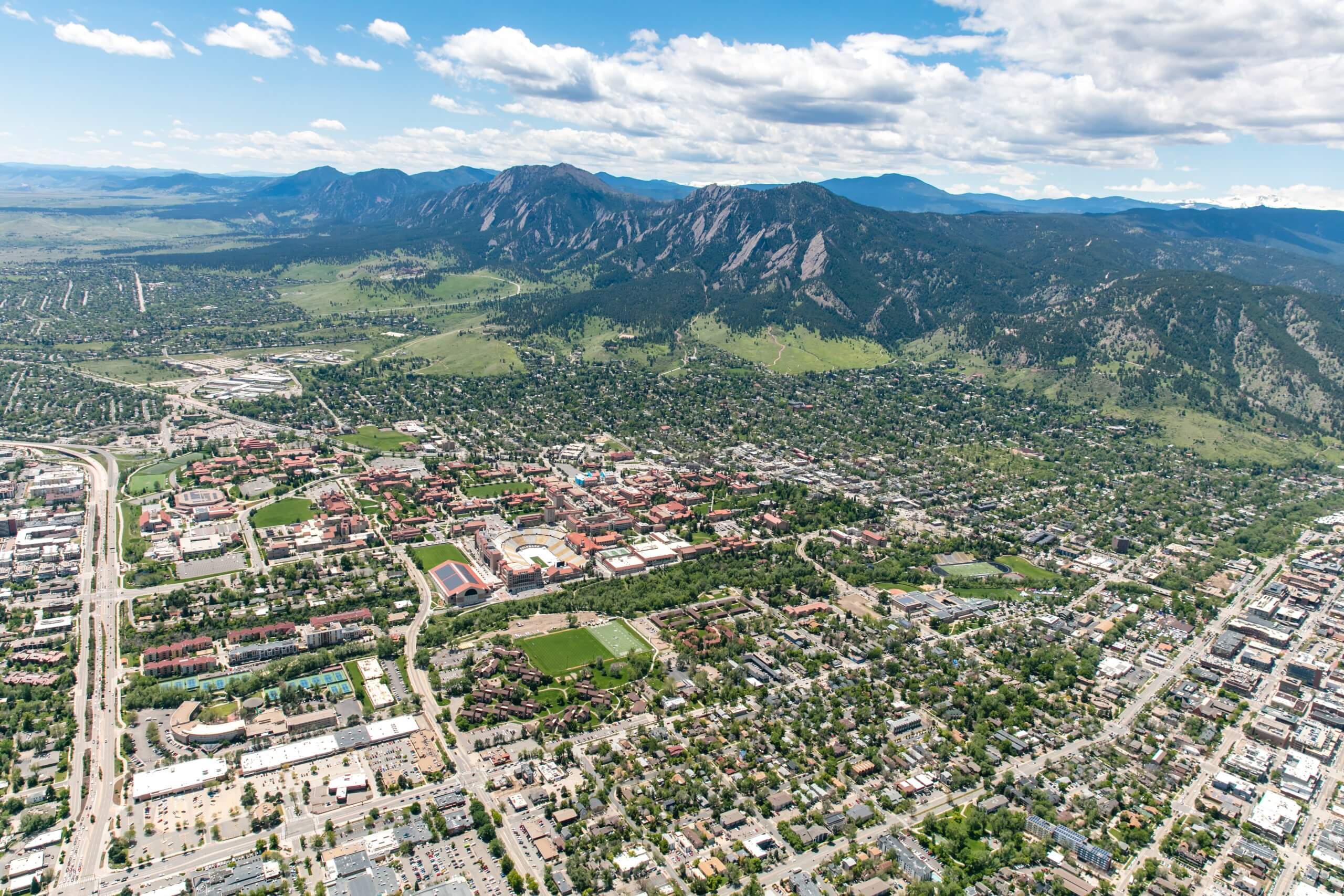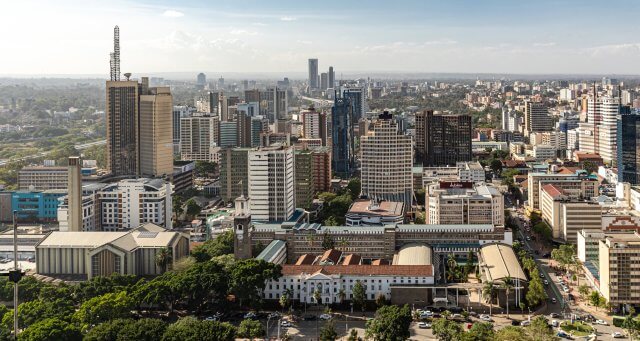The action and its aims
Boulder, Colorado, passed an ordinance to levy a tax of 2-cents-per-ounce on all sugar-sweetened beverages distributed in the city after 54% of voters approved a ballot measure in the 2016 election. Revenues go towards programs for wellness promotion, disease prevention, nutrition education, and other initiatives targeted at low-income residents. The aim is to reduce the consumption of sugary beverages, particularly by children and families.
When it was introduced
The new tax was introduced in 2017. In the 2018 midterms, the electorate voted in favour of the city retaining all revenues; under the original ordinance, revenues over the original USD3.8 million estimate would have had to be returned to distributors.
Why it was needed
Boulder has relatively low levels of adult obesity compared to other US cities, but child obesity rates are high: 24% of children had overweight status in 2017.
Who initiated it, who is involved
The ballot action was introduced by the non-profit Healthy Boulder Kids. Organizations that contributed to campaign funds were the American Health Association and the non-profit Healthier Colorado, which received a contribution from soda tax proponent and former New York City Mayor Michael Bloomberg. The American Beverage Association funded the campaign against the ballot action. The city’s Health Equity Advisory Committee, made up of community members and health experts, determines which project proposals receive funding from the tax.
Impacts to date
Modelling by the Harvard University’s Childhood Obesity Intervention Cost Effectiveness (CHOICES) project (intended for educational purposes) estimated that the tax would prevent an estimated 938 new cases of obesity and 27 new cases of Type-2 diabetes each year, and save USD6.41 million in health care costs before 2025.
More information: Soda taxes have been introduced in other cities in the United States in the last five years, although Boulder’s is the highest rate per ounce. The other cities are:
• Berkeley (California) (1c/ounce since 2015)
• Philadelphia (1.5c/ounce since 2017)
• Albany (New York) (1c/ounce since 2017)
• Oakland (California) (1c/ounce since 2017)
• Seattle (Washington) (1.5c/ounce and 1c/ounce for manufacturers since 2018)
• San Francisco (California) (1c/ounce since 2018)
(See ‘Further reading’)





